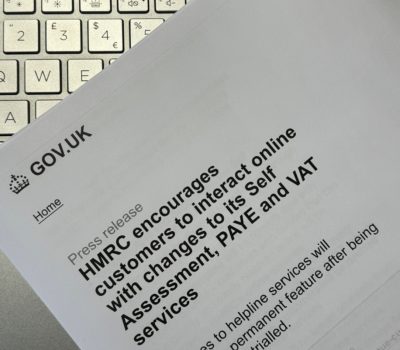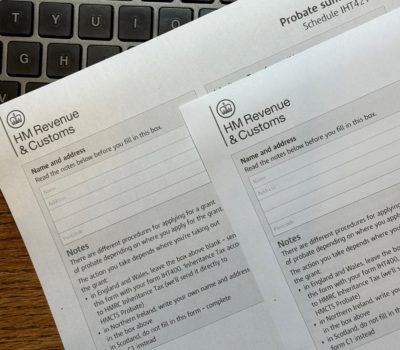Is it Appropriate to Appropriate?
What is Appropriation?
Appropriation is a decision made by the personal representatives to take an asset, or a share of an asset and transfer the beneficial title to a beneficiary. This is done by way of a Deed of Appropriation. The personal representatives still retain the legal title.
If an asset, or a part of an asset, is appropriated to a beneficiary and then sold, it is treated as having been disposed of by the personal representatives as bare trustees for the beneficiary.
The beneficiary becomes responsible for reporting and paying CGT on any gain arising and so can offset their own annual CGT exemption against the gain.
When is Capital Gains Tax charged?
Capital gains tax (CGT) is charged when an asset is sold or transferred at a profit.
The gain is calculated by taking the sale proceeds and deducting the purchase price, together with any enhancement expenditure. Incidental costs of purchase and acquisition can also be taken into account in calculating the gain.
CGT can arise on the disposal of personal possessions, shares or securities, the sale of a second property, assets held in trust and assets sold from a death estate during the period of administration.
Since 6 April 2023 the annual CGT exemption has reduced from £12,300 to £6,000 for individuals and personal representatives. Similarly, the CGT exemption for trustees has reduced from £6,150 to £3,000.
From 6 April 2024 the annual CGT exemption will reduce further to £3,000 for individuals and personal representatives and £1,500 for trustees.
With the significant reduction in the annual CGT exemption, appropriating assets to beneficiaries prior to sale to make use of multiple annual allowances is now a key tax saving consideration when administering an estate.
Rates of capital gains tax
The rate of CGT for personal representative and trustees is currently 28% in respect of a sale of a residential property and 20% for all other assets, including commercial buildings, land, stocks and shares etc.
By appropriating an asset to a beneficiary, not only can that individual utilise their own CGT exemption to offset against the gain, but they can offset any unused basic rate band they may have available, after taking into account all their other sources of income.
If the beneficiary has current year losses, these can be offset against the gain. Current year losses must be offset against current year gains in priority, even if this means reducing the current year gain below the annual exemption. In contrast, brought forward losses can be utilised to reduce the gain to equal the annual exemption and any remaining brought forward losses may be carried forward.
Personal representatives are entitled to claim the annual CGT exemption in the year of death and in the following two tax years. Therefore, for an estate administration period which extends beyond this, appropriating assets to beneficiaries may result in significant tax savings.
Reporting the Capital Gain
Once an asset has been appropriated to a beneficiary and then sold, the onus is on the beneficiary to declare any capital gain and pay any CGT to HMRC.
An individual must report a capital gain if the current year gain less losses exceeds the annual CGT exemption.
From 6 April 2023, irrespective of the capital gain, it will be necessary to inform HM Revenue & Customs (HMRC) if the capital proceeds exceed £50,000.
Since 6 April 2020, residential property disposals, subject to certain conditions which are outside the scope of this article, are reportable via the HMRC online portal and any CGT due must be paid within 60 days of the completion date of sale of the property.
Where a property, or a share of a property is appropriated to a beneficiary, they will be responsible for setting up their own Government Gateway account and creating a CGT account, to enable them to file their own CGT return online and pay any tax due. Personal representatives will be responsible for setting up a CGT account and paying any CGT due on behalf of the estate.




